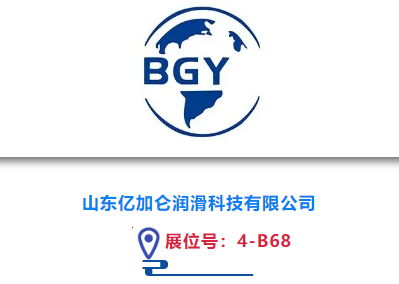
The process of replacing fossil fuels with renewable energy sources and other zero-carbon solutions in the heating and cooling sector has so far been slower than in electricity generation, as renewables currently provide only 23% of that consumption (Eurostat 2020).
Renewable energy in heating and cooling is supported by a variety of legislation and tools. The central role of heating and cooling in energy transition has also been recognised under the European Green Deal’s Climate Target Plan and the ‘Fit for 55’ package, as without increasing renewable energy shares in this large sector, the EU’s energy and climate targets cannot be achieved cost-effectively.
Accelerate the development of renewables
The 2018 Renewable Energy Directive ((EU) 2018/2001) introduces specific provisions to accelerate the development of renewables in heating and cooling, in particular by increasing policy prioritisation of this sector. These include indicative targets where each EU country must increase the share of renewables in heating and cooling by an indicative 1.1 percentage point every year, with a similar target for district heating and cooling.
The provisional agreement reached in May 2023 for a revision of the Renewable Energy Directive strengthens the heating and cooling target (Article 23), as well as the district heating and cooling target (Article 24). It also extends the measures EU countries can take to achieve these targets and includes specific provisions on integrating waste heat and cold and enhancing the heating and cooling sector’ role in energy system integration. In addition, the provisions on training and certification of heating and cooling systems’ installers (Article 18, Annex IV) and measures for integrating renewables in the EU building stock (new Article 15a), the largest heating and cooling end-use sector, were also strengthened.
EU Heating and Cooling Strategy
The 2016 EU Heating and Cooling Strategy provided a first overview of the energy consumption and fuel mix of the heating and cooling sector in the main end-use sectors: buildings and industry. It also set out actions and tools to ensure that the heating and cooling sector contributes to the EU objective of climate neutrality by 2050. These actions and tools, which were implemented in the Clean Energy for all Europeans’ Package adopted in 2019, relate to increasing renewable energy and energy efficiency in this sector, while applying in parallel an integrated approach to the energy system.
The EU renewable energy target has strong synergies with the EU energy efficiency targets and measures.
Evidence base supporting policy making and implementation
To assist policymaking, develop new legislative initiatives and ensure the implementation with the help of sound evidence base, the Commission conducted a series of studies on the heating and cooling sectors. These were published in June 2022.
A study on renewable space heating presents a comprehensive overview of consumption data, technologies, fuel mix and regulatory frameworks, includes best practices for renewable energy communities, while also modelling possible decarbonisation pathways.
A study on district heating and cooling overviews market and regulatory frameworks and presents ten case studies on best practices to illustrate successful models to integrate renewable energy and waste heat sources into thermal networks.
A study on a roadmap on policy support for heating and cooling decarbonisation sets out a heat decarbonisation roadmap and recommendations for policies covering space heating in buildings and process heating industry, while also including a meta-study on key literature.
A study on renewable cooling provides a comprehensive background analysis for the Delegated Act on the methodology to account renewable energy used in cooling and district cooling adopted on 14 December 2021.
Comprehensive assessments on efficient heating and cooling
In line with Article 14 of the Energy Efficiency Directive (2012/27/EU), EU countries are requested to carry out a comprehensive assessment on efficient heating and cooling, and notify the European Commission once it has been done. Based on a request from the Commission, these assessments should be carried out every 5 years. The EU countries were requested to submit their updated assessments by 31 December 2020.
The revised Annex VIII to the Directive (amended by Delegated Regulation 2019/826/EU) describes the methodology for the assessments. Notably, the assessments have to comply with legislation on the energy union, and they must be closely linked with planning of policy measures to the Regulation on the governance of the energy union and climate action (EU/2018/1999).
Source: energy.ec.europa.eu






















